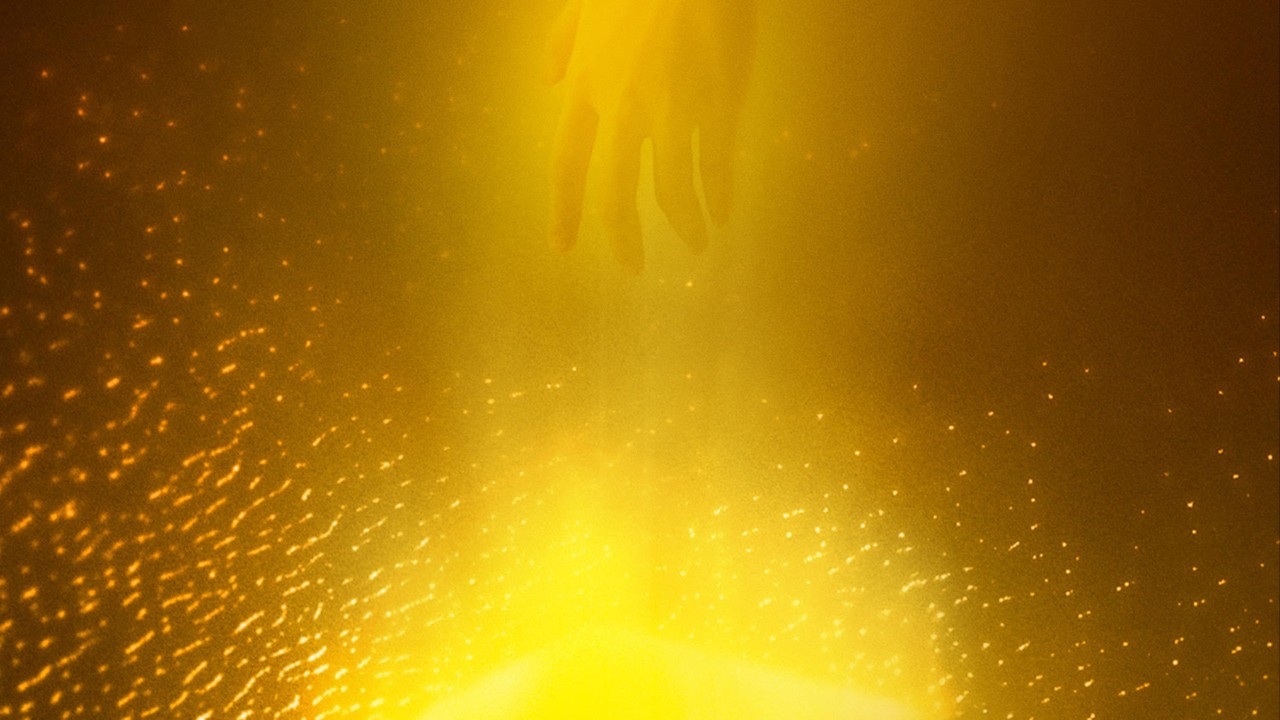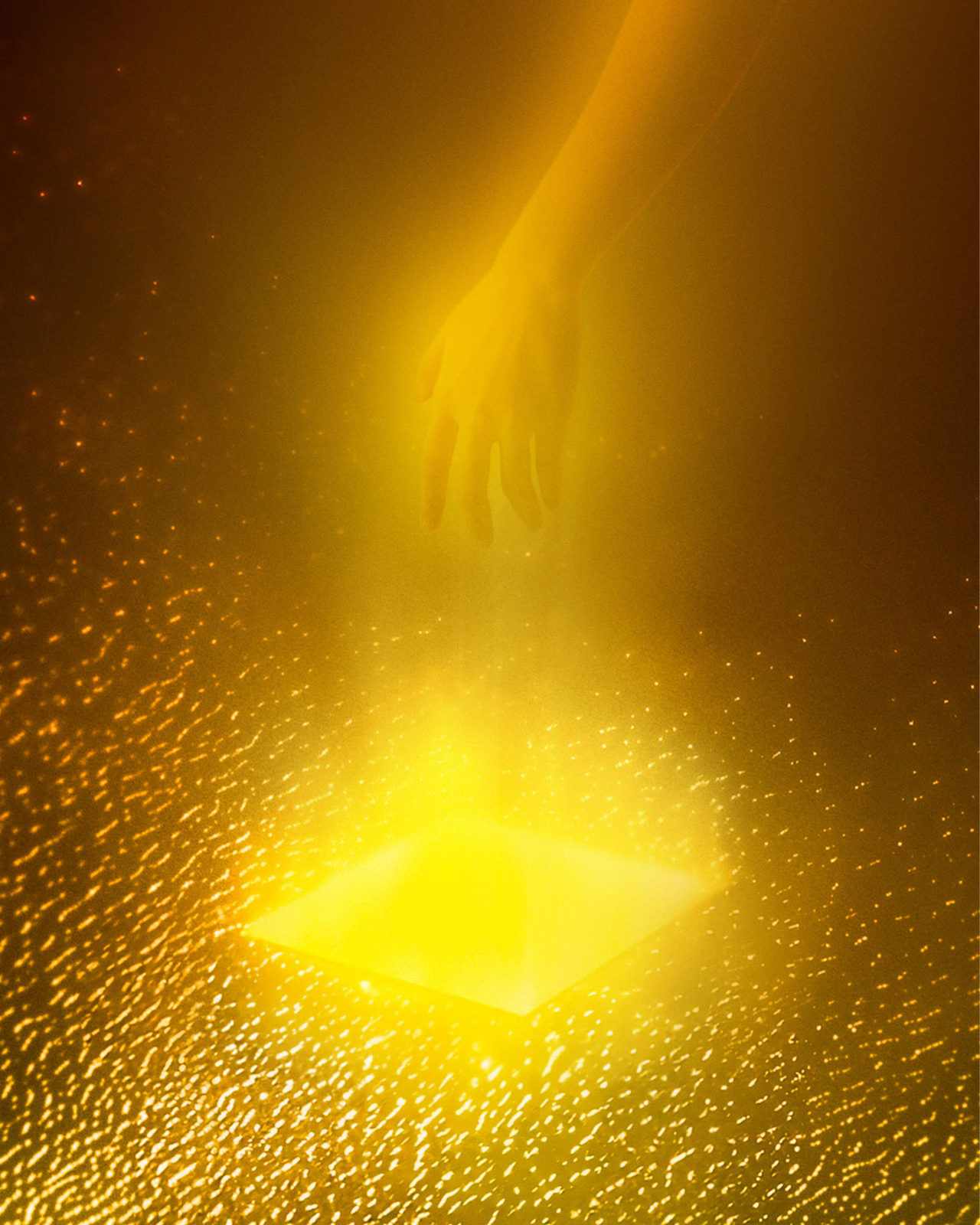

words by willow defebaugh
Photograph by Balarama Heller
“Sometimes the only way to endure suffering is to transform it into art.” —Suleika Jaouad
Throughout the ages, humankind has sought to harness the power of alchemy, a synthesis of mysticism, philosophy, and scientific experimentation. Its early use can be traced back to ancient Egypt, Greece, China, and India, as well as parts of the Arab and Western worlds. Scattered across shadowed libraries and laboratories in all of these times and places, alchemists going back thousands of years were on a quest to transmute what they considered to be base materials like lead and iron into noble ones like silver and gold, and sickness into good health.
You can imagine why alchemy was an alluring endeavor. Who wouldn’t want the ability to create infinite riches and everlasting life? The fact that it was widespread doesn’t mean it was widely accepted, though. Because for all the riches it promised, alchemy also presented a problem: If gold became easy to create, it would no longer be precious. Their quest could, ironically, end up turning a precious metal into a common one. And so, in some places, alchemy was outlawed.
Alchemists never succeeded in their attempts to create gold or an elixir of life. But what came of their endless experiments was something far more precious that would go on to influence history in immeasurable ways: the foundations of modern chemistry. For a time, the two words were even interchangeable. As is often the case with the creative process, we do not always arrive at our desired outcome; but that doesn’t mean we don’t produce treasure along the way.
For this week’s episode of The Nature Of podcast, I got to speak with a modern alchemist: bestselling author, Emmy-winning storyteller, and three-time cancer survivor Suleika Jaouad. In our conversation, she shared how creativity became a lifeline during her years of treatment—a way to transmute suffering into possibility. Her devotion to artistic praxis is what inspired her newest book, The Book of Alchemy—a collection of 100 journal entries and creative prompts for living an inspired life that she gathered from fellow artists, writers, and thinkers.
“I sometimes think that as a writer, things aren’t as bad for us as they are for everyone else because life’s plot twists can be made useful. Everything is material,” Jaouad told me in our conversation for the podcast. “You go from having nothing to making something. And it’s why I love the word alchemy so much. That notion of transmuting something considered worthless or base, like lead, into something precious, like gold. And we get to do that whenever we want, however we want, in both small ways and big.”
This sentiment resonates deeply with me. Each and every newsletter I’ve written to you over the last five years has been inspired by the plot twists of my life, translated into the language of nature. Writing is my preferred form of alchemy, but I don’t think this capacity is limited to the written word. I believe we all have the gift of alchemy within us—that our willingness to try to transmute pain into beauty and possibility represents the very best of what makes us human.
Humanity has long searched for a cure for suffering, a magical elixir that will rid us of all our ailments and woes, a way to snap our fingers and create gold. I’m not sure that such a universal solvent exists. But as any true alchemist will tell you: The magic is not in what you create, it’s the process of creation itself. Alchemy is the way of the universe, that vast laboratory of space that transmutes elements into metals in the fiery forges of stars, scattering them into more combinations than we can count—none of which are base, every one of them noble.
Noble Materials and the Art of Alchemy